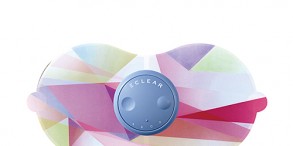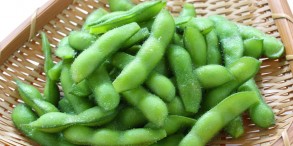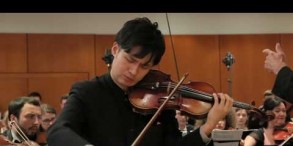Nagoya's UniFa Highlighted in Silicon Valley
This year's Startup World Cup handpicked a unique kid-rearing IT robot manufactured by a venture business, UniFa, in Nagoya, Japan, from among some 200 entrepreneurs from 12 countries and regions of the world. UniFa challenged the event with a robot equipped with a sensor and camera to guard the kindergarten kids at play in the garden, collecting vital data such as body temperature,etc., and photo images for transmission to their parents.
A Taiwan venture corporation had built a system to enable the motor-bicycle riders to communicate with the helmets on; a corporation from Luxembourg introduced sneakers with built-in batteries in the sole.
A panel of 7 judges including eminent investors commended UniFa and its kids-rearing robot by virtue of its business potentials with an investment to the tune of 111 million Japanese Yen offered by the sponsoring investment company in Silicon Valley.
UniFa's President Yasuyuki Toki commented:
"Our product was picked in the absence of device specifically geared for the care of kindergarten kids. The feat this time helps prompt our efforts to broaden our business overseas."
UniFa's business target is family communication, as its HP proclaims in the words President Toki. They offer ways and means to keep track of children at nurseries, kindergartens, and similar institutions and to transfer data via smartphones, etc., on a day-to-day basis.
UniFa, short for Unity Family, proposes a comprehensive means of family communication based on the world's front-running technology, automating photography, data-collection, analysis, and transmission - all in one.
President Toki elaborates in his message:
"We believe the essential target of communication is education. Education begins when the parents take note of their children's growth - take note of every bud of growth.
"Children on their part find it reassuring to feel they are being watched over with love - a concept that helps the small ones to grow up some day to realize the need of social contribution.
Source: NHK









